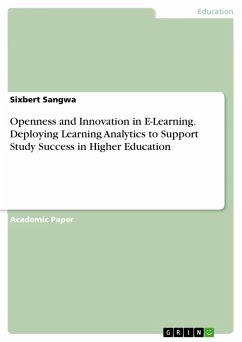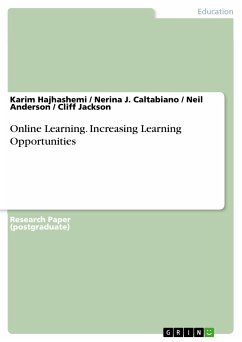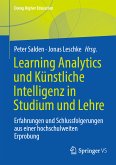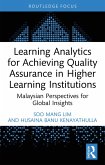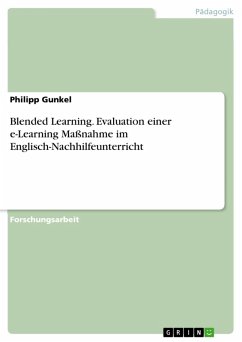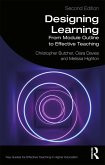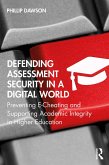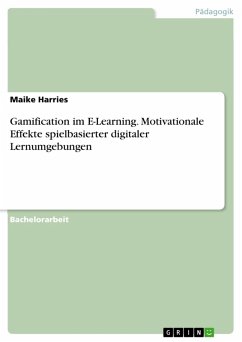Academic Paper from the year 2019 in the subject Pedagogy - Media Pedagogy, grade: 80, The Open University (School of Educational Technology), course: Openness and Innovation in e-Learning, language: English, abstract: This report presents, analyzes and critically discusses learning analytics on the extent to which it supports learning. It will introduce the learning analytics and provide its background to the current research and development in e-learning, explaining how they relate to, and differ from, other uses of data in education. The report shall also describe in details the implications associated with the use of learning analytics in the context of international training organizations and the recommendable success load map. In the same context, a justification on how the most important features of learning analytics support learning will be provided, setting out the key benefits and risks. Finally, two examples illustrating the use of learning analytics will be evaluated against how they enhances learning in relevant contexts. As far as resourcing will be given account, the continuous use and innovation in learning analytics is recommended.
Dieser Download kann aus rechtlichen Gründen nur mit Rechnungsadresse in A, B, BG, CY, CZ, D, DK, EW, E, FIN, F, GR, HR, H, IRL, I, LT, L, LR, M, NL, PL, P, R, S, SLO, SK ausgeliefert werden.

